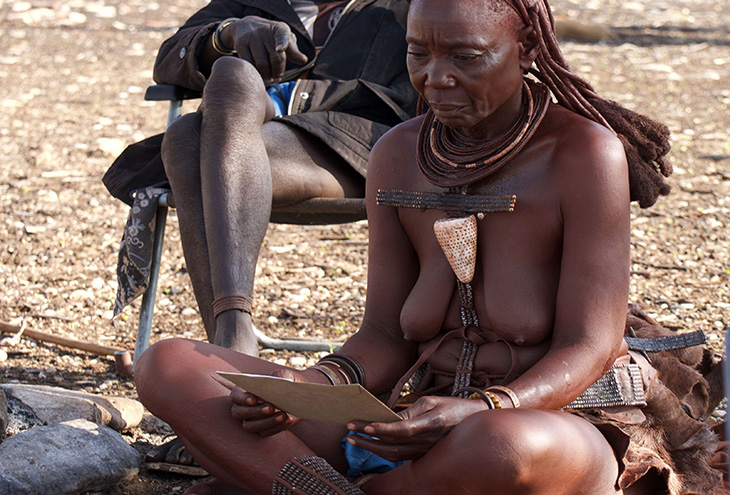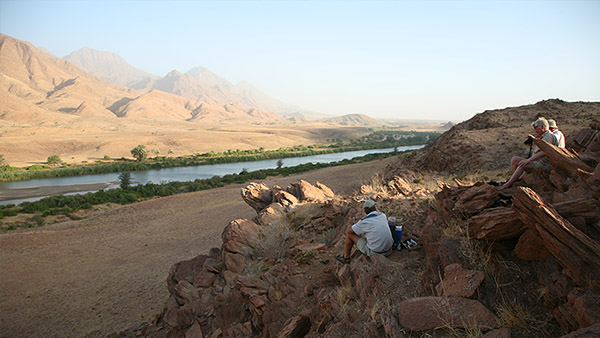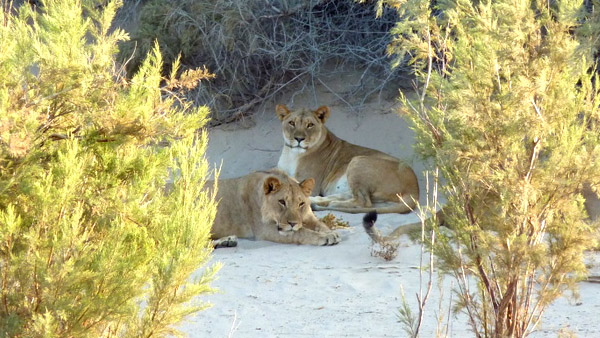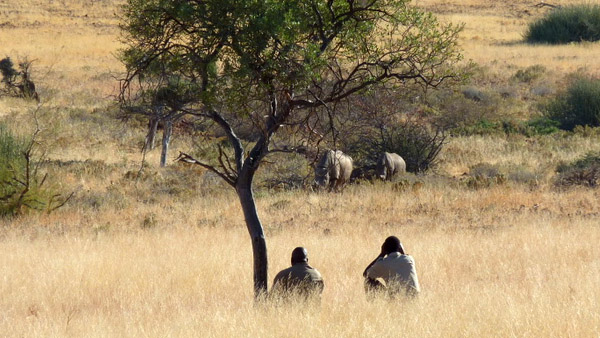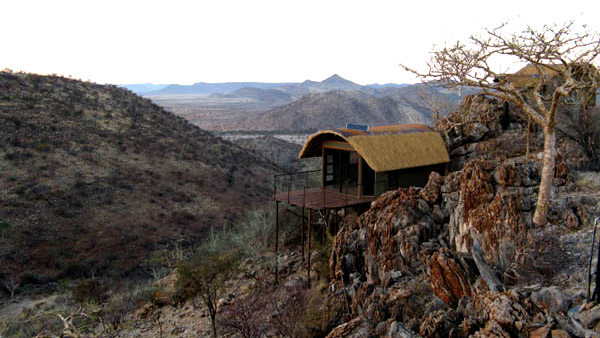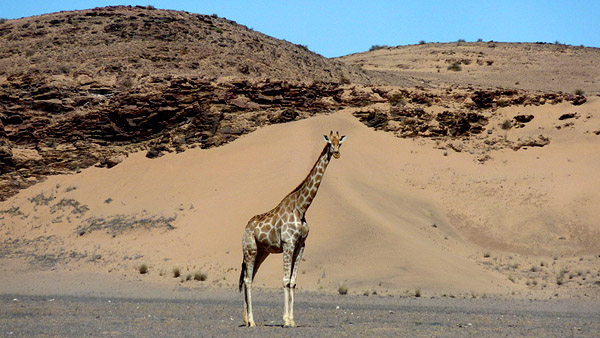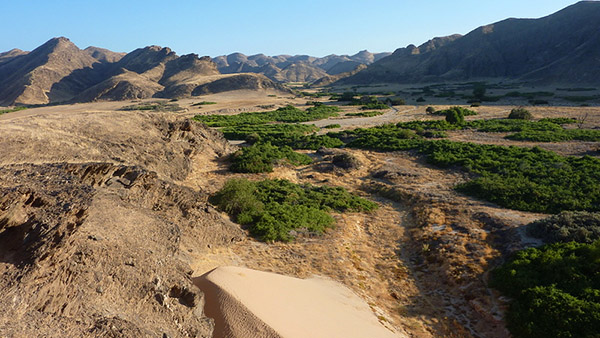CSN would like to thank all of its 2015 guests for making this distribution of N$150 000 possible. Special mention must be made to the generous Bassett family and the Sandy’s, as well as TUSK. This cash was in addition to more than N$350 000 in salaries, fees, campsite and bed night fees and other direct payments to CSN’s five owner conservancies and their members. These benefits are directly linked to wildlife conservation.
We started with a survey last year, holding 10 community meetings in each conservancy – with the help of Lina Kaisuma, senior IRDNC facilitator. The results told us how the drought stricken Himba shareholders wanted this cash to be used. As every family’s cattle herd has been severely reduced, more than 80% proposed that CSN’s dividend be given to household heads. This, they said, would ensure the cash would be responsibly used for family needs.
Staff of the conservancies worked hard to draw up a list of households (defined as those people sharing the same cooking hearth). We were pleased that a majority of people agreed with our suggestion that those conservancies who earn the least – Sanitatus and Okondjombo, followed by Orupembe - receive the largest share of the payout. Marienfluss Conservancy who earn well from their private sector partners were able to use their own income for a cash payout to their members and agreed not to take a share of CSN’s money this year. Puros, also a good earner, received the smallest share of the N$150 000. The money was also divided according to household sizes which varied from one or two people up to the largest household of 31. Most households were between 7 and 12 people.
Cash is particularly welcome at this time because cattle losses due to starvation in the drought means that there is inadequate milk for households. It is worth stressing that it is not lack of water that kills both domestic stock and wild life in drought, but lack of grass.
In some areas of the north-west – but not all - the drought has broken and good to fairly good rains have fallen. But as an elder at Sanitatus said: Yes, we have some rain and now there is some grass. But where are the cattle? It will take a decade for the Himba herds to recover, if they ever do, and the diversity of income that community conservation and tourism provides has never been more important.
Please consider doing a CSN expedition soon. You will be making a difference at a critical time to both wildlife and the lives of the Himba people who conserve it.
